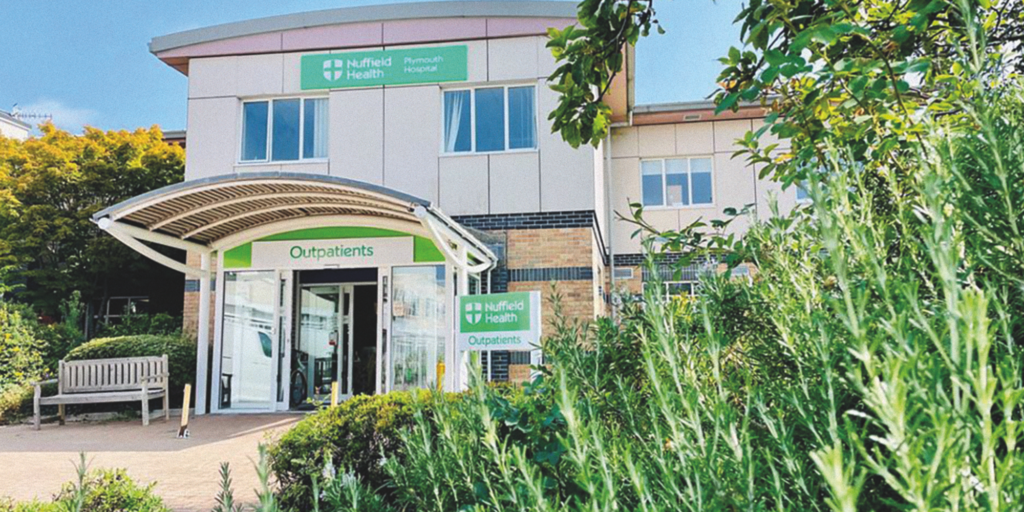

Put a spring back in your step
Do you shy away from exercise in fear of damaging your joints? Nuffield Health experts say you needn’t be worried, exercise can in fact help to protect your joints, as well as relieve pain.
I don’t do that exercise because it’s bad for your joints. Sound familiar? It’s a common reason people avoid exercises like running, weight training or some classes. However, the assumption that exercise damages your joints has been found to be false. Studies conducted over the past decade have shown that exercise benefits your joints, helping to build healthy cartilage and muscular support around the joints, keeping them stronger for longer.
Arthritis happens when the cartilage that cushions your joints wears away: this can eventually lead to bone rubbing on bone, which causes pain and discomfort. This isn’t the result of exercise, but of injury and constant low-level damage over time. Research has shown that exercise can actually reinforce cartilage and
promote healing.
Each of your joints are surrounded by a thin tissue connected to your blood supply called the synovial membrane: this membrane produces the fluid that lubricates your joints, a little like the engine oil in a car. Cartilage has no independent blood supply, so instead it gets its nutrients from this synovial fluid.
When exercising, your blood pumps faster around your body, providing the membrane with a plentiful supply of nutrients, which are infused into the fluid. What’s more, running and other high-impact exercises, have been shown to force this nutrient-rich fluid into the cartilage, keeping it healthy and promoting healing. Of course, if you already suffer from joint pain, high-impact exercises that aggravate this pain should be avoided, but there’s plenty of exercises that you can do to build back strength into your joints.
Mr Andy Murphy FRCS, Consultant Orthopaedic Surgeon and Sports Injury Specialist at Nuffield Health Plymouth Hospital says: “Exercise can be really beneficial for overall bone and joint health; however persistent painful joints could be an indicator of early arthritis (wear and tear) that might benefit from specialist assessment and sometimes arthroscopic (keyhole) surgical intervention. If exercise is not helping but actually making your pain worse, you should seek advice from an orthopaedic specialist and maybe further investigation including scans. More often than not, we can get you back to playing the sports you love.”
NUFFIELD HEALTH PLYMOUTH

